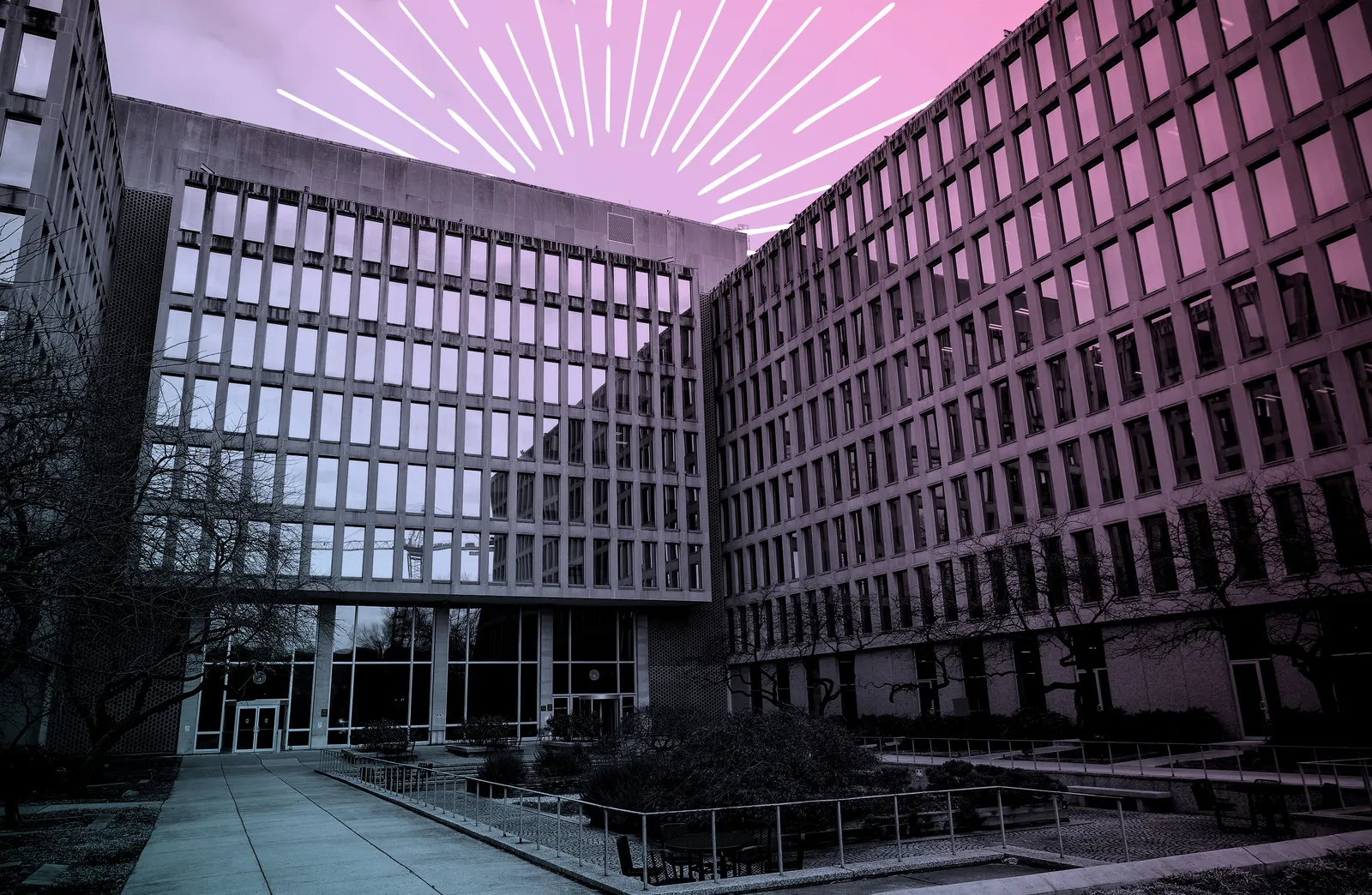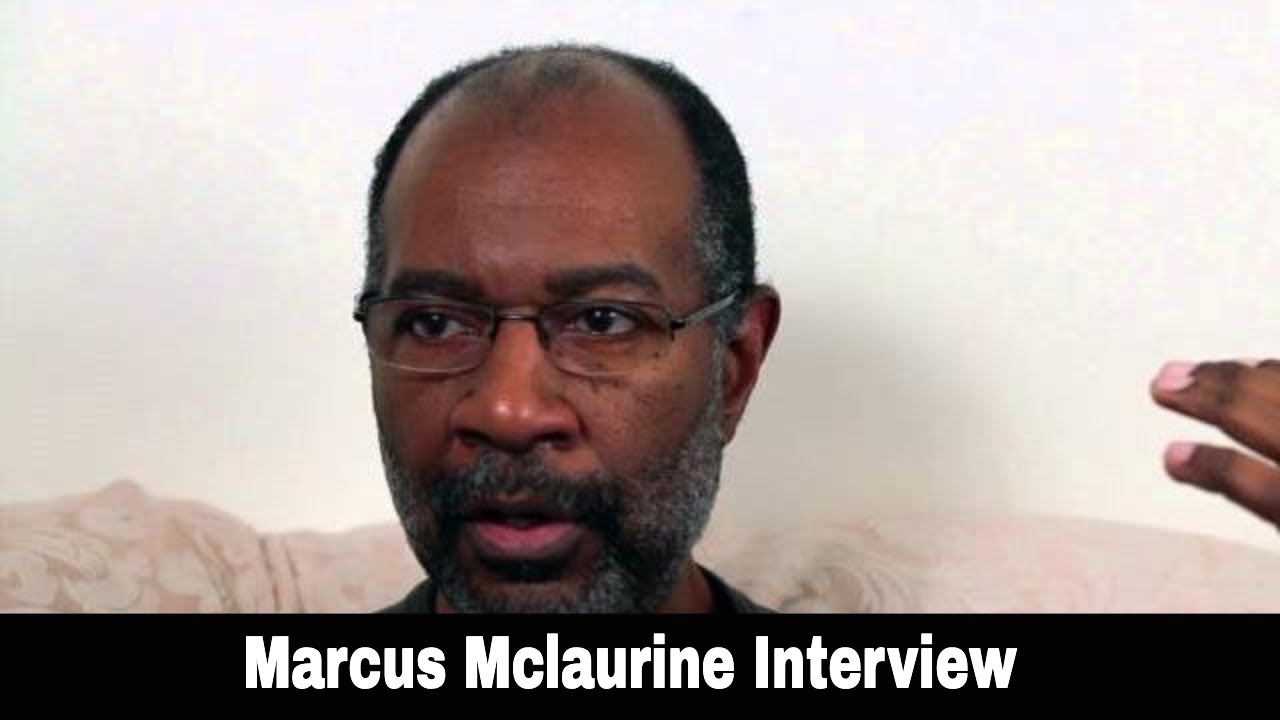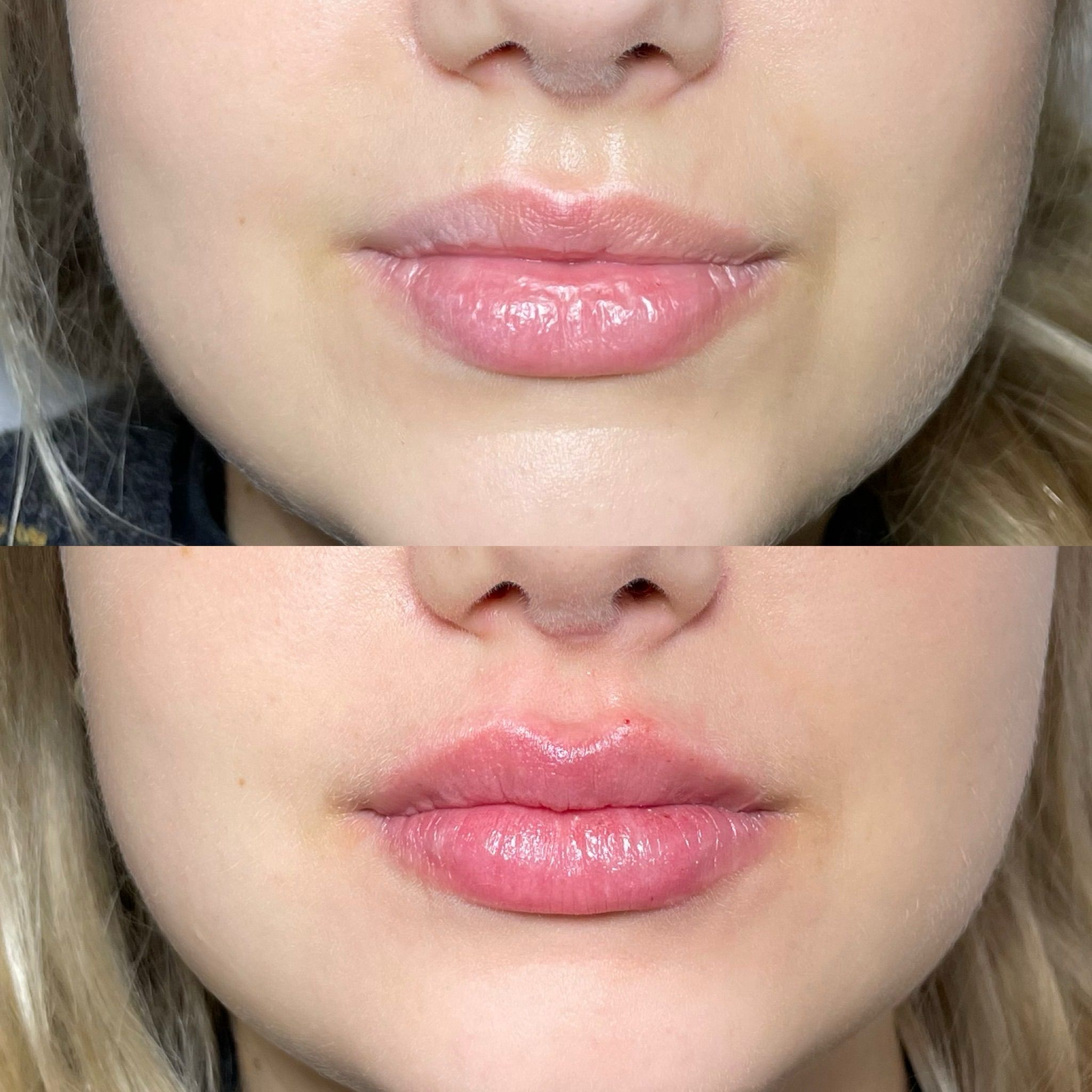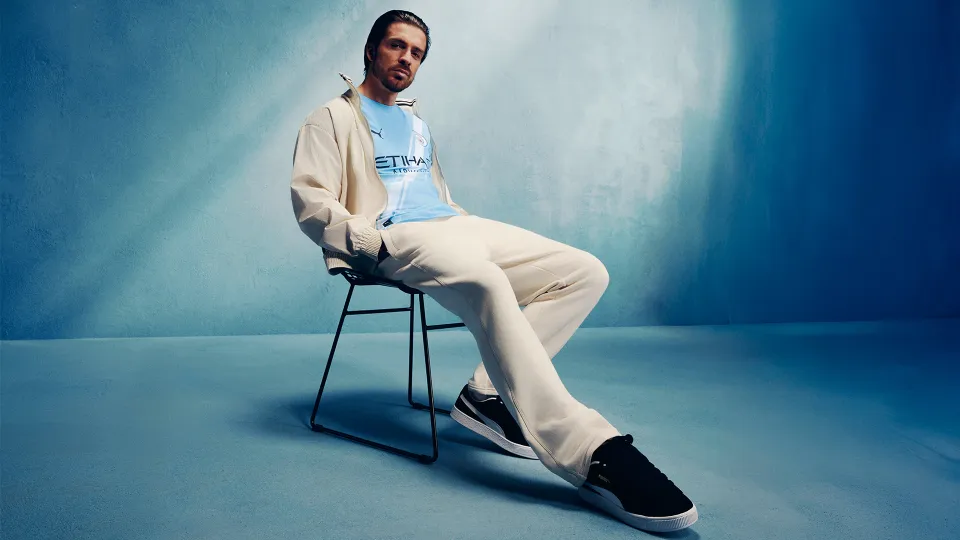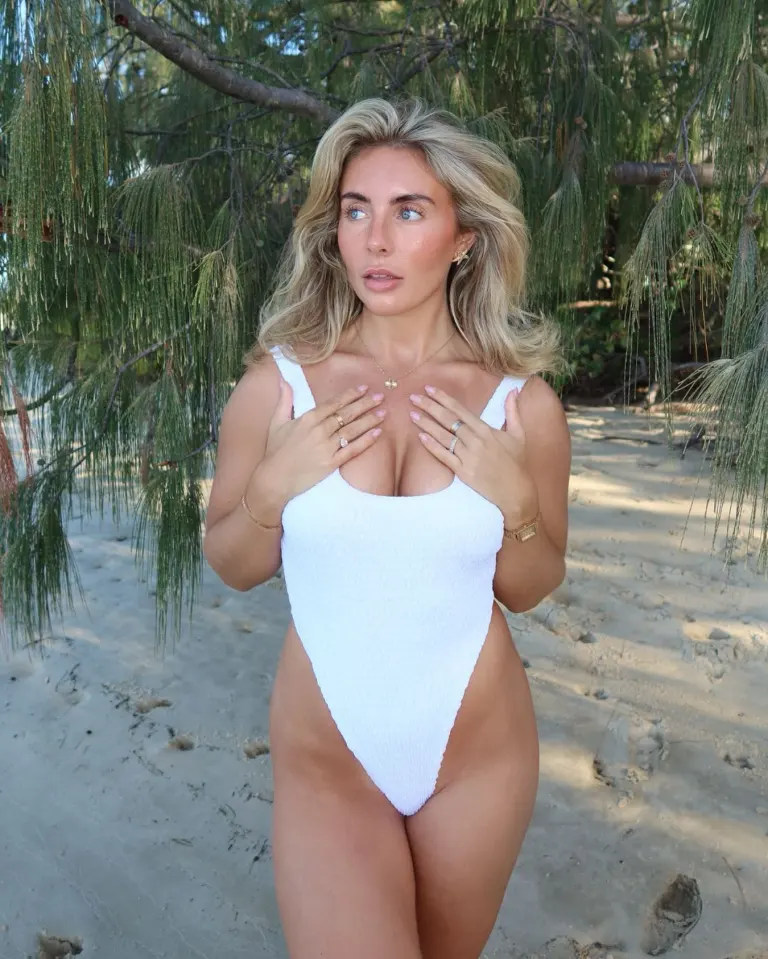Introduction
In the evolving landscape of public service, the boundaries between professional responsibilities and personal endeavors are increasingly scrutinized. McLaurine Pinover, the Director of Communications at the Office of Personnel Management (OPM), has recently become a focal point in this discourse. Her dual role as a federal spokesperson and a budding fashion influencer has sparked debates about ethics, professionalism, and the appropriate use of government resources.
Professional Trajectory
McLaurine Pinover’s career in communications is marked by significant roles in both the public and private sectors. Before her appointment at OPM in January 2025, she served as a senior director at The Herald Group, a public affairs firm, and held the position of deputy communications director for the House Foreign Affairs Committee. Her tenure in the Trump administration during its first term further solidified her experience in governmental communications.
Role at OPM
As the Director of Communications at OPM, Pinover’s responsibilities encompass managing the agency’s public image and disseminating information about its initiatives. Notably, she has been a prominent defender of the Department of Government Efficiency (DOGE) program, which aims to streamline federal operations by reducing workforce redundancies. Her public statements have often emphasized the administration’s commitment to efficiency and accountability.
The Controversy: Fashion Influencing from a Federal Office
Emergence of the Issue
In March 2025, reports surfaced highlighting Pinover’s activities as a fashion influencer. She had been posting videos on her now-deleted Instagram account, @getdressedwithmc, showcasing her daily outfits from within her OPM office. These posts included affiliate links directing followers to purchase the featured clothing items, potentially allowing her to earn commissions. The timing of these posts coincided with significant layoffs at OPM, drawing criticism from various quarters.
Ethical Implications
The use of government property for personal gain raises questions about adherence to federal ethics regulations. While Pinover did not explicitly identify herself as a government employee in her posts, the backdrop of her official office was unmistakable. Critics argue that such actions may violate rules prohibiting the use of public resources for private endeavors. Donald Sherman, chief counsel for Citizens for Responsibility and Ethics in Washington, remarked on the potential breach of public trust, especially given Pinover’s role in advocating for workforce reductions.
Public and Media Reaction
Internal Discontent
Former OPM staffers expressed dismay over Pinover’s influencer activities, particularly given the context of ongoing layoffs. One former communications staffer noted the irony of Pinover promoting her personal brand while employees were being dismissed under the DOGE initiative. Such sentiments underscore the perceived disconnect between leadership actions and the agency’s stated goals of efficiency and accountability.
Media Coverage
The media response to the controversy has been extensive. Outlets like CNN and The New York Post reported on the ethical concerns surrounding Pinover’s dual roles. Vanity Fair critiqued her fashion choices and questioned the appropriateness of her influencer activities within a federal office. The Verge highlighted the broader trend of public officials engaging in side hustles, emphasizing the need for clear boundaries between personal branding and public service.
Pinover’s Response
In light of the criticism, Pinover issued a statement explaining her actions. She cited her battle with breast cancer and the challenges of being a new mother as motivations for seeking a creative outlet through social media. Pinover emphasized that she did not earn any income from her posts and did not anticipate the attention they received. Her statement aimed to contextualize her actions within personal struggles, though it did not directly address the ethical concerns raised.
Broader Implications
The Blurring Lines Between Personal and Professional Roles
Pinover’s case exemplifies the complexities that arise when public officials engage in personal branding activities. The increasing prevalence of social media has made it easier for individuals to cultivate personal brands, but when such endeavors intersect with public duties, questions about propriety and ethics emerge. Establishing clear guidelines and boundaries is essential to maintain public trust and uphold the integrity of governmental institutions.
The Role of Oversight and Accountability
This incident underscores the importance of robust oversight mechanisms within government agencies. Ensuring that employees adhere to ethical standards requires not only clear policies but also vigilant enforcement. As the nature of work evolves, particularly with the integration of digital platforms, agencies must adapt their oversight strategies to address new challenges effectively.
Conclusion
The situation involving McLaurine Pinover serves as a case study in the challenges of balancing personal expression with public responsibility. While individuals in public service are entitled to personal lives and creative outlets, the use of official resources for personal gain, even inadvertently, can erode public trust. As government agencies navigate the complexities of the digital age, establishing and enforcing clear ethical guidelines will be paramount in maintaining the integrity of public institutions.

